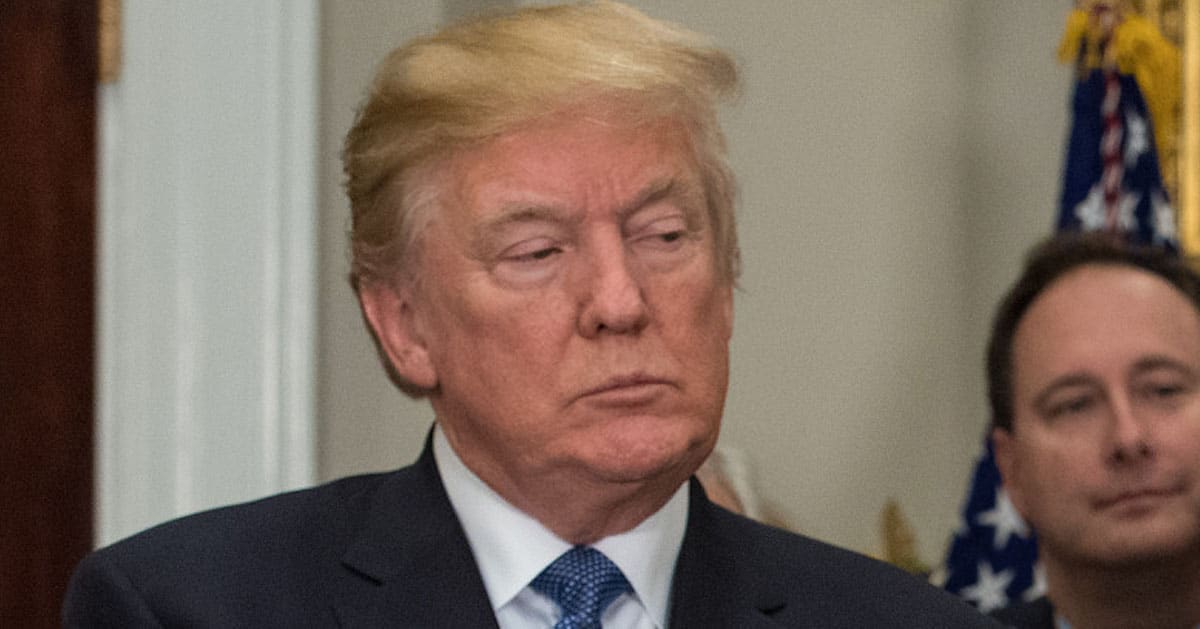



The Trump administration is cracking down on student visa applicants, demanding their social media accounts be laid bare for inspection. This bold move, outlined in a State Department cable sent June 18, 2025, signals a no-nonsense approach to national security. It’s a policy that’s bound to ruffle feathers among the perpetually offended.
The New York Post reported that the new vetting process requires applicants to make their social media profiles public, allowing consular officers to scour for any whiff of anti-American sentiment or terrorist sympathies.
This applies to both fresh and returning students seeking to study in the U.S. The goal is clear: keep America’s campuses safe from those who might harbor ill will.
Consular officials are tasked with digging through platforms like Facebook and X, as well as databases like LexisNexis, to uncover any hostility toward U.S. citizens, culture, or government.
“Any indications of hostility towards the citizens, culture, government, institutions, or founding principles of the United States,” the cable states. Sounds reasonable, unless you think tweeting “Death to America” is just youthful exuberance.
The vetting doesn’t stop at casual scrolling; officers must flag applicants with a history of political activism, complete with screenshots for the record.
This isn’t about punishing free speech—it’s about ensuring those entering the U.S. aren’t plotting harm. The woke crowd might call it overreach, but most Americans would call it common sense.
Specific red flags include support for foreign terrorists or unlawful antisemitic behavior, as the cable notes: “Advocacy for, aid or support for foreign terrorists and other threats to US national security.” If an applicant’s X posts praise Hamas, for instance, that’s not a diversity point—it’s a problem. The administration isn’t playing games with national security.
Findings like these don’t automatically disqualify applicants but trigger deeper review, ensuring fairness while maintaining vigilance. The cable emphasizes looking for “support for unlawful antisemitic harassment or violence.” It’s a policy that protects both the nation and the integrity of the visa process.
The State Department tested these measures in a pilot program at Harvard University in May 2025, a fitting choice given its high profile.
But not everyone’s on board—a federal court blocked a proposed six-month ban on foreign students at Harvard earlier in June 2025. The judiciary’s interference shows the uphill battle against progressive resistance to sensible security measures.
Despite the legal hiccup, the administration is forging ahead, preparing to restart consular appointments for student and exchange visitor visas halted in May 2025.
The cable prioritizes interviews for physicians applying for J-1 exchange visas and students at universities with low international student populations. It’s a strategic move to balance security with educational exchange.
The vetting process is thorough, requiring officers to document any concerning online activity meticulously. This isn’t about snooping for sport—it’s about ensuring those granted visas align with America’s safety and values. Critics might cry “privacy invasion,” but public social media posts are hardly state secrets.
The cable’s instructions are clear: consular officers must take detailed notes, preserving evidence like screenshots to justify any flags raised.
This level of documentation ensures transparency and accountability, countering claims of arbitrary bias. It’s a system designed to be tough but fair, despite what the outrage brigade might say.
Not every flagged post leads to a visa denial; the process allows for nuance and additional scrutiny. This flexibility prevents knee-jerk rejections while addressing legitimate threats. It’s a refreshing departure from the open-borders mentality that’s dominated for too long.
The focus on universities with fewer international students—those with 15% or less of their population from abroad—shows a targeted approach.
These institutions may be less equipped to handle security risks, making vetting even more critical. The administration is prioritizing practicality over political correctness.
The enhanced vetting reflects a broader push to restore order to America’s immigration system, starting with those entering its academic halls. It’s a response to real threats, not a witch hunt, as some critics will inevitably claim. The Trump administration is simply doing what any responsible government should: putting America first.



